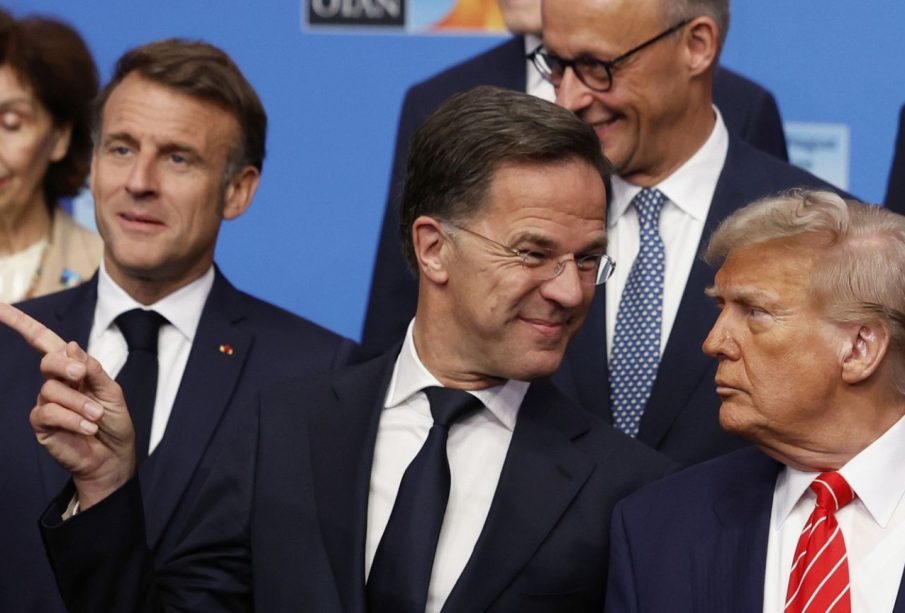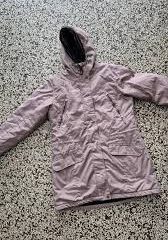Mark Rutte’s Influence in NATO: A Closer Look

Introduction
Mark Rutte, the Dutch Prime Minister, has been a significant figure in NATO discussions, particularly in the context of European security amid rising geopolitical tensions. His leadership has not only shaped the Netherlands’ defense policy but also contributed to strategic decisions within the alliance. Understanding Rutte’s actions and stance at NATO is crucial as Europe navigates complex security challenges.
Recent Developments
In recent NATO meetings, Rutte has emphasized the need for collective security and the enhancement of military capabilities among member states. His government has increased defense spending to meet NATO’s target of 2% of GDP, reflecting a commitment to strengthening national and allied defense measures. Following Russia’s aggression towards Ukraine, Rutte has been vocal about the necessity for NATO to demonstrate unity and strength.
During the latest NATO summit in Madrid, Rutte advocated for the expansion of NATO’s deterrence measures in Eastern Europe, underscoring the importance of visible military presence as a deterrence strategy against potential threats. This was seen in the announcement of increased troop deployments in the Baltic states, which has garnered support from several other NATO allies.
Challenges Ahead
Despite Rutte’s proactive stance, challenges remain. The evolving security landscape requires NATO to adapt quickly to new geopolitical realities. Rutte has faced calls within the Netherlands for a review of military investments to ensure sustainable and robust defense capabilities. Additionally, managing relations with NATO allies, each with varying perspectives on defense strategies, is crucial as they navigate these uncertainties together.
Conclusion
Mark Rutte’s involvement in NATO illustrates the Netherlands’ strategic role in fostering European security. As NATO faces increasing pressures from external threats, Rutte’s leadership will be critical in steering the alliance toward a unified defense posture. The effectiveness of NATO’s response to emerging challenges will not only depend on funding and troop deployments but also on political will among member states to collaborate closely. The coming years will likely see a continued emphasis on strengthening NATO’s capabilities and reinforcing collective security commitments.









